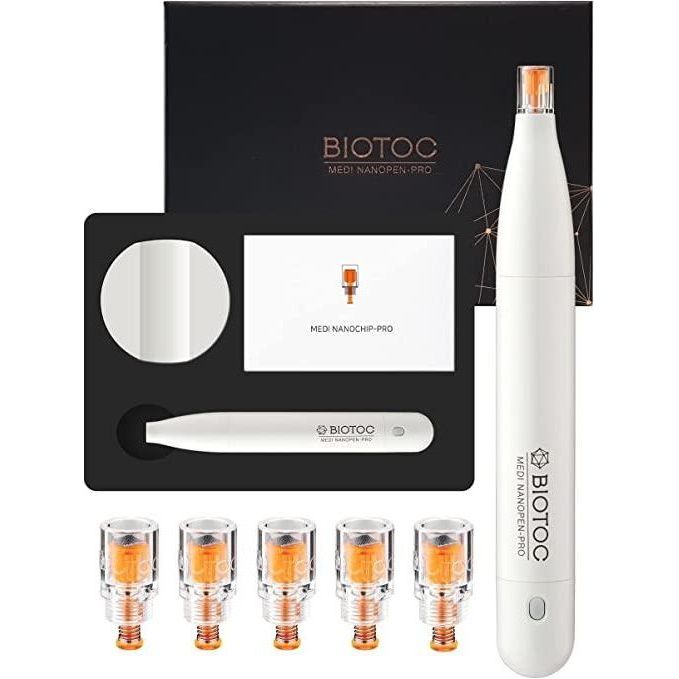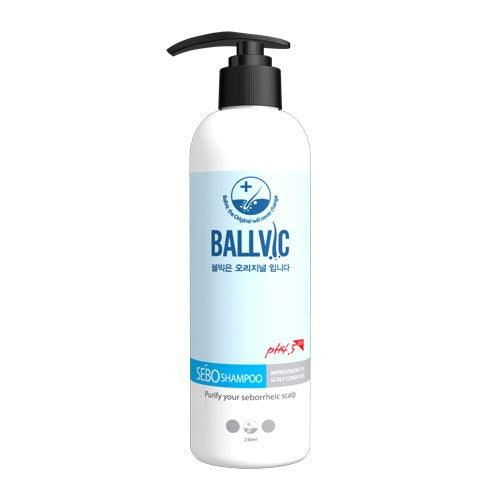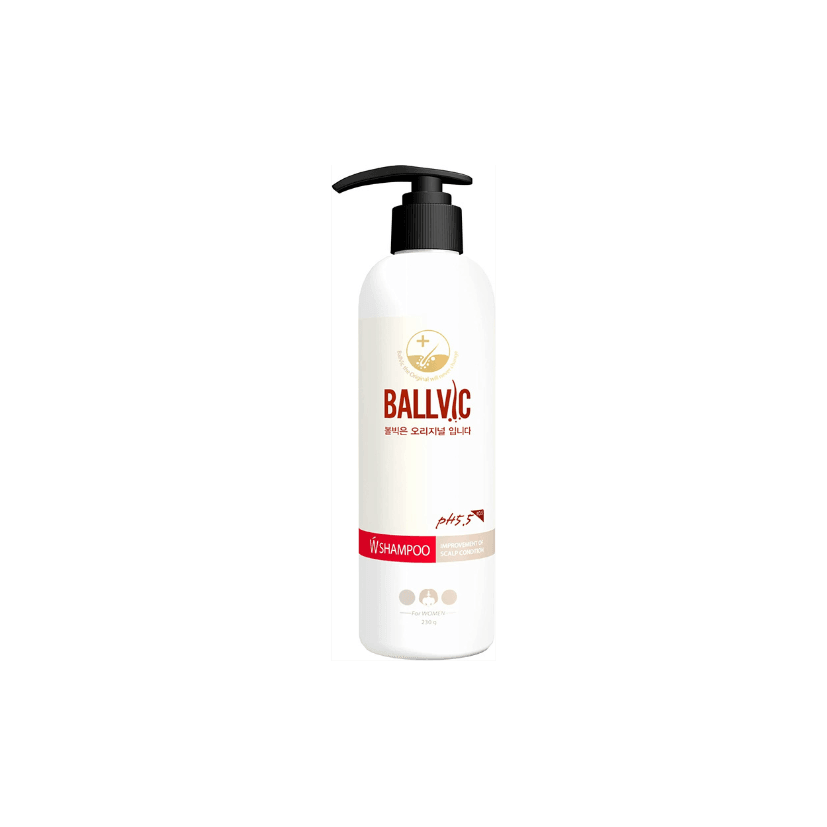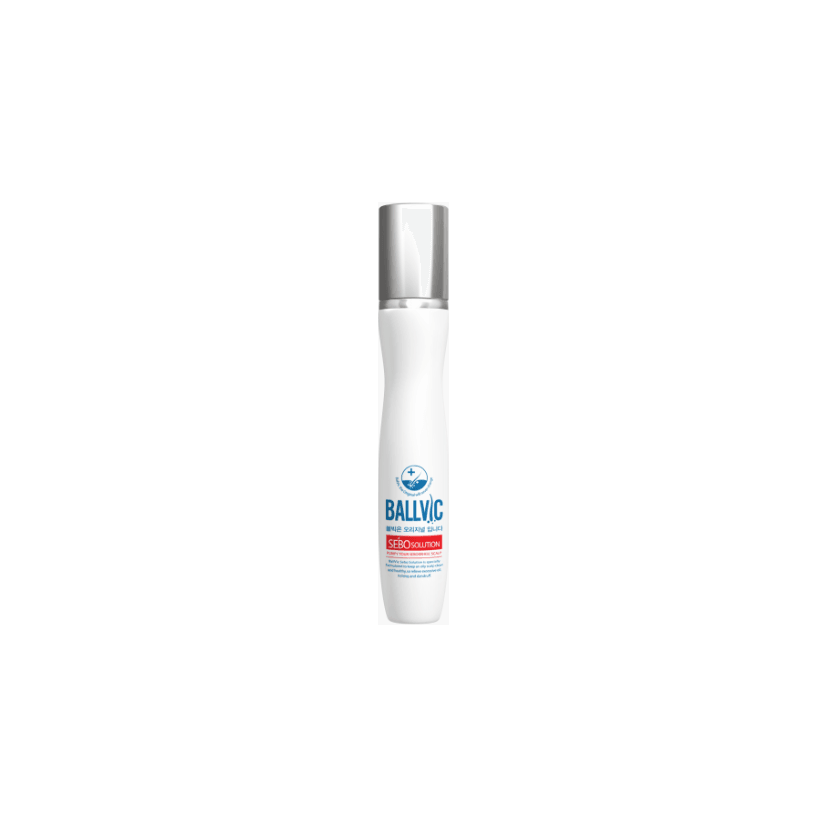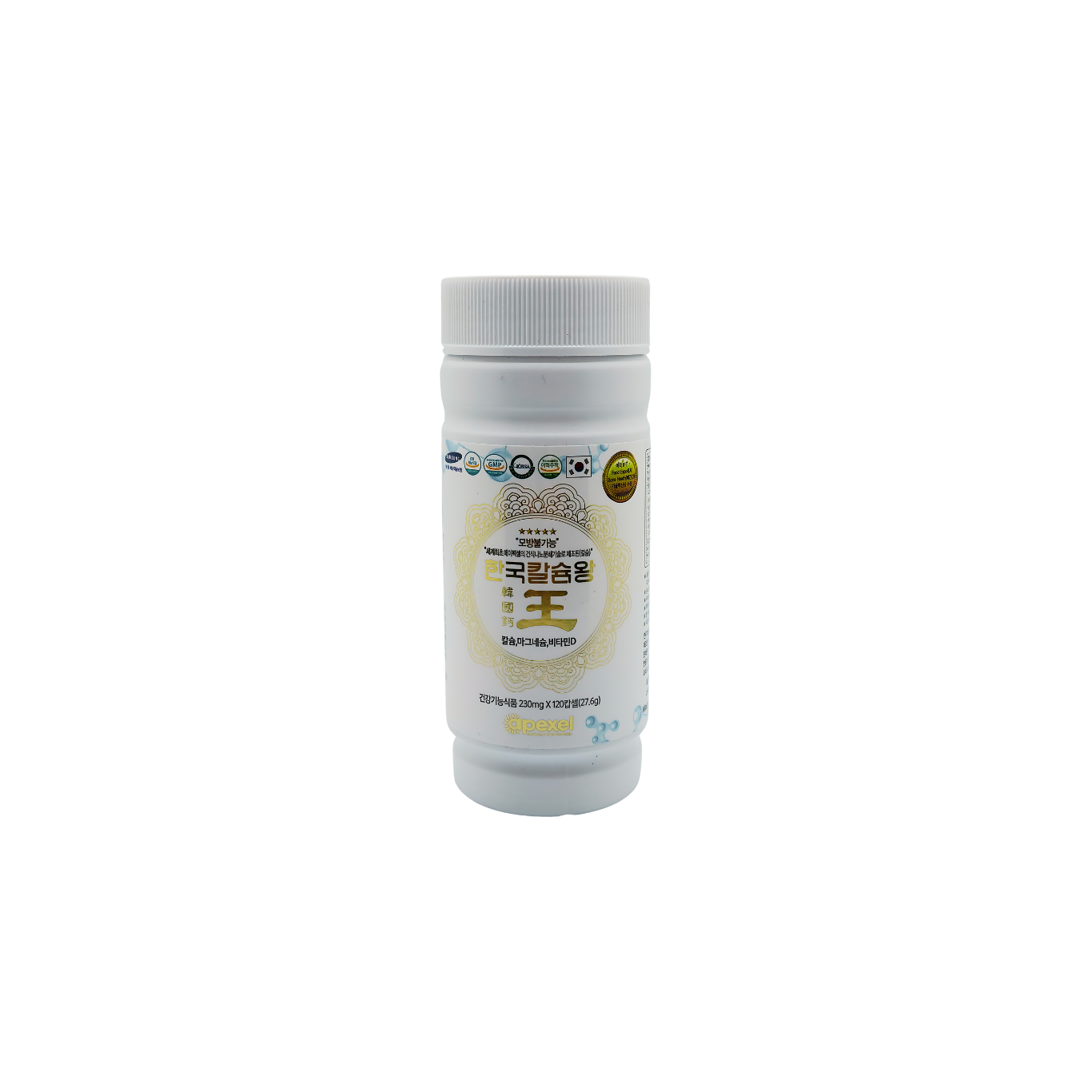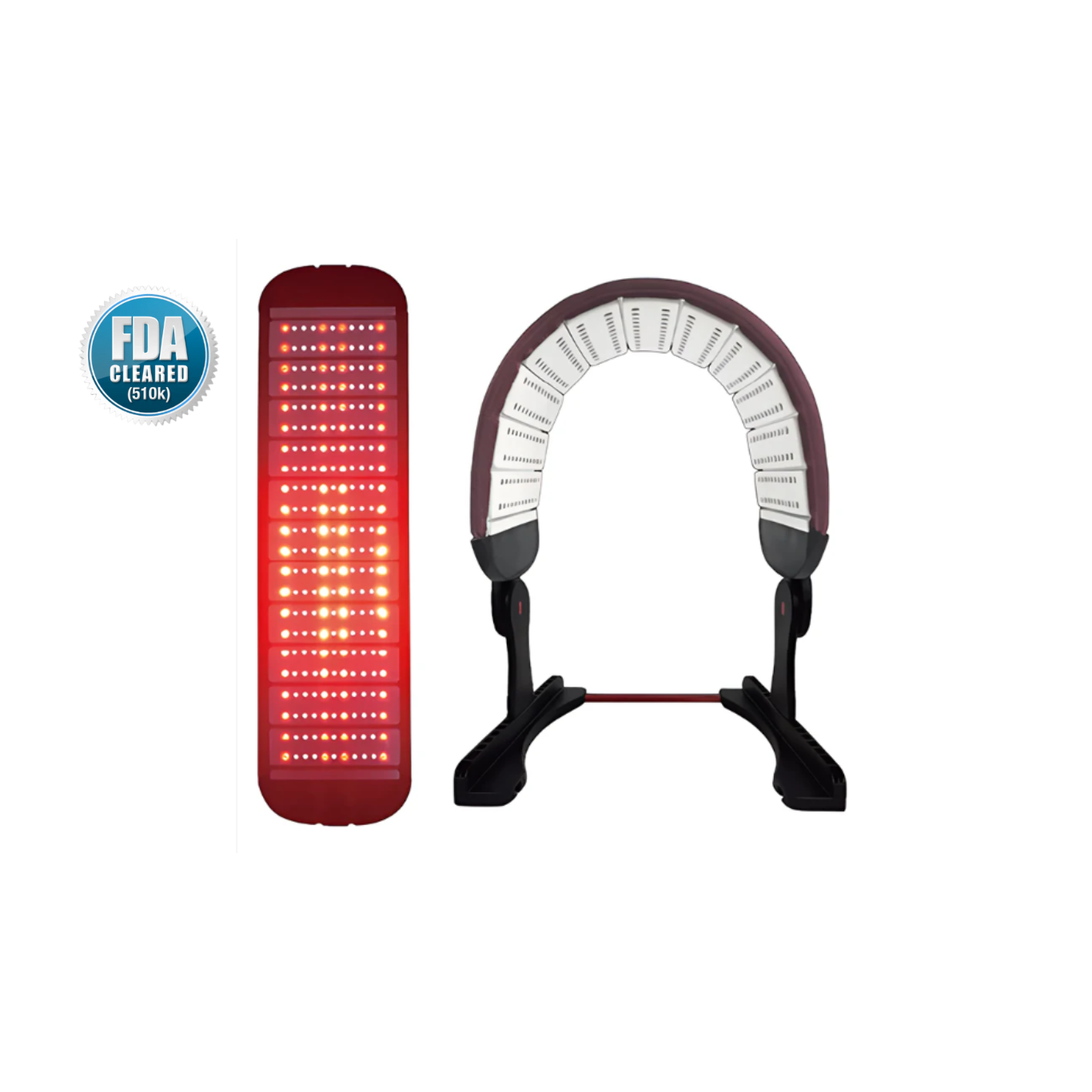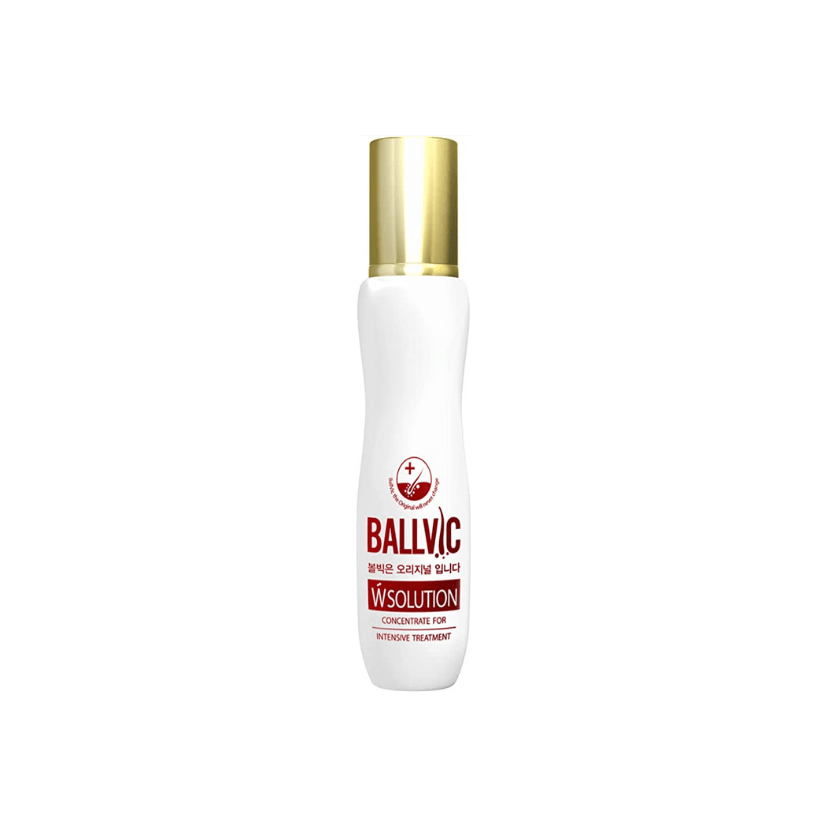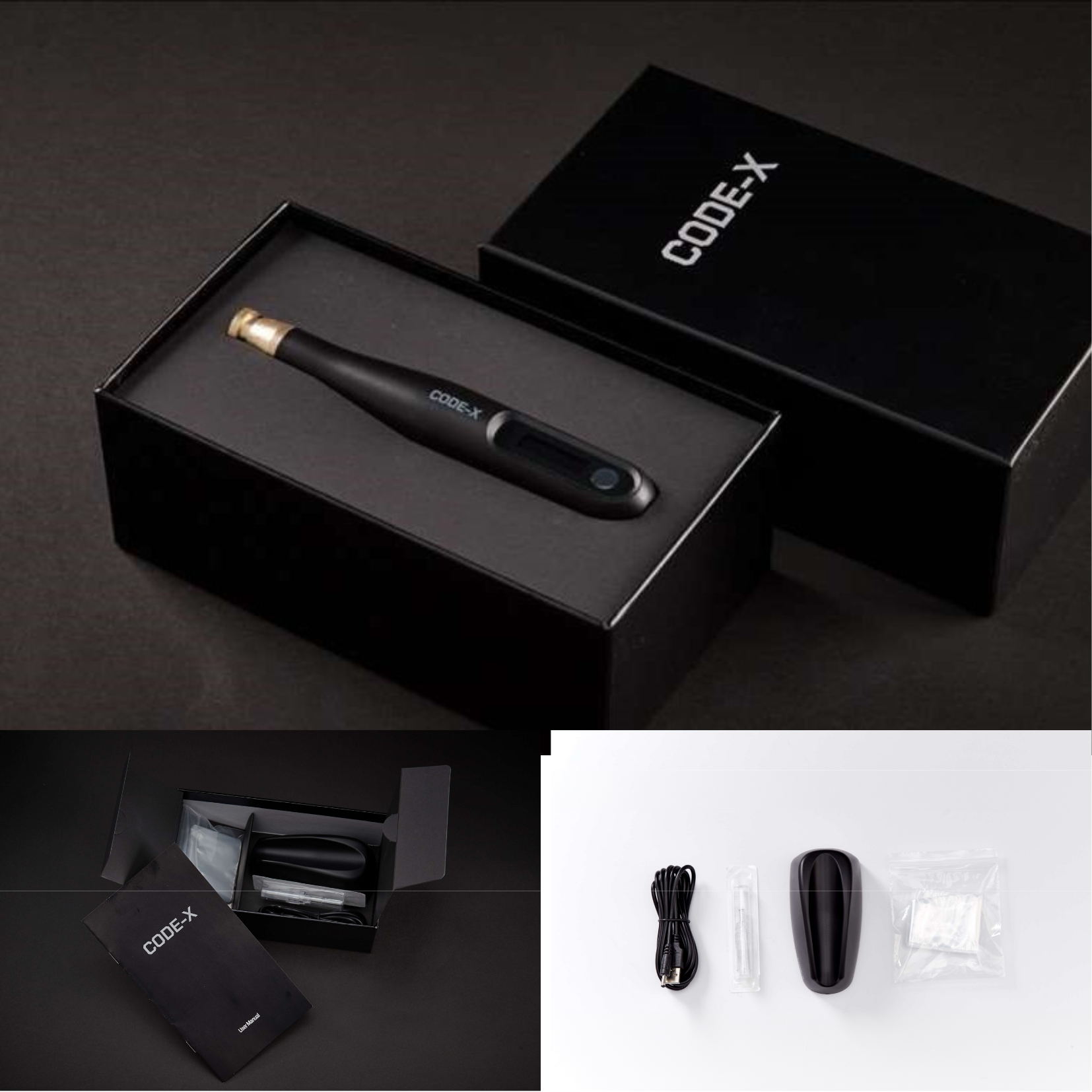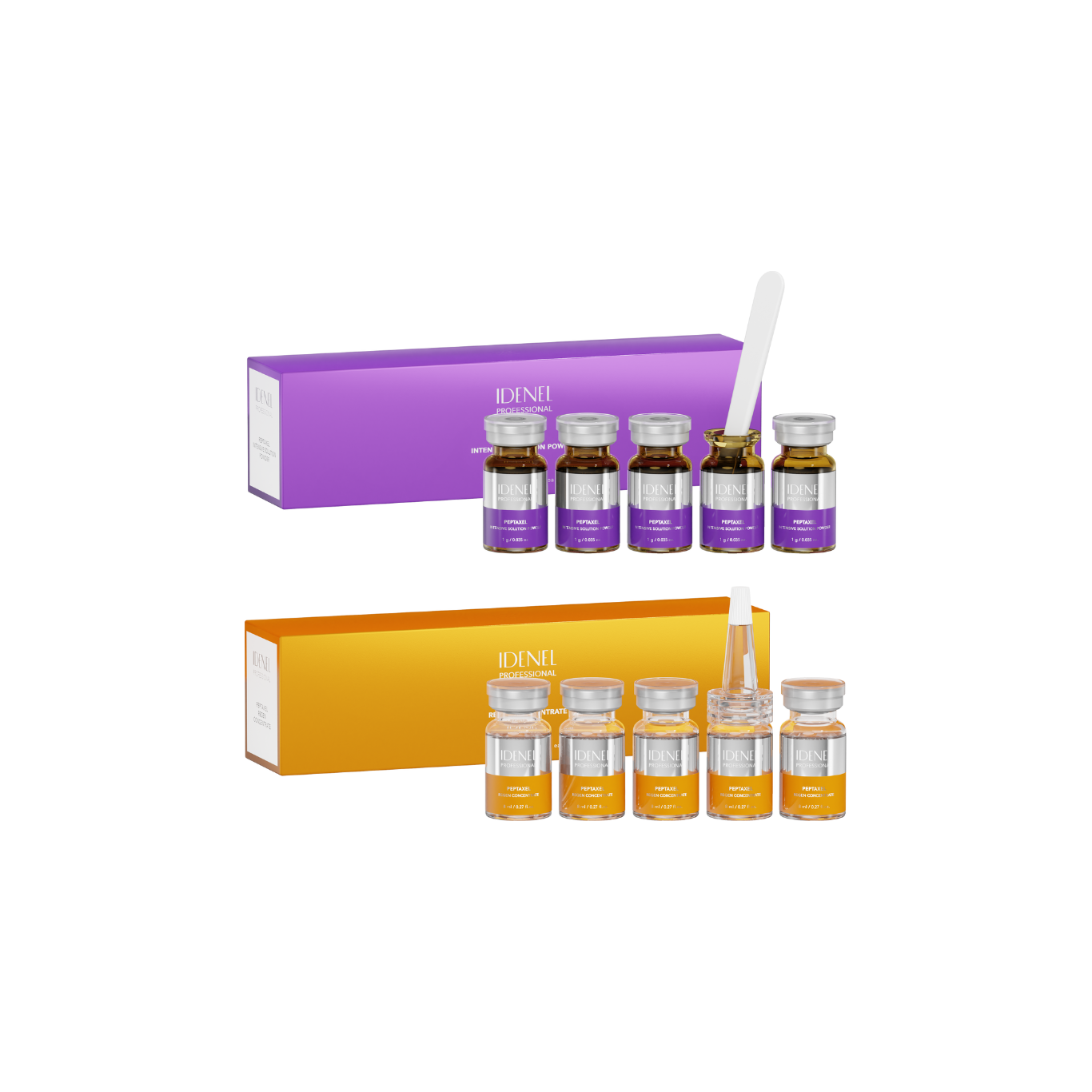 As the President, CEO, and Chief Scientific Officer (CSO) at biotech startup Kurome Therapeutics, Dr. Jan Rosenbaum does a little bit of everything—including taking out the trash. The company is based on a technology that provides “a targeted approach for treating hematological cancers and beyond.” This technology was developed by a professor at Cincinnati Children’s Hospital and two scientists at the National Center for Advancing Translational Sciences (NCATS) at the National Institute of Health. Dr. Rosenbaum was brought on as a consultant to evaluate the potential for commercializing the technology and was able to build the business case and value proposition by focusing on novel aspects of the mechanism of action that allowed for differentiation of this technology from others being developed. Kurome’s technology targets cancer cells that develop an “adaptive resistance mechanism” which allows them to survive conventional treatments and thereby subverts cancer’s ability to evade therapy.
As the President, CEO, and Chief Scientific Officer (CSO) at biotech startup Kurome Therapeutics, Dr. Jan Rosenbaum does a little bit of everything—including taking out the trash. The company is based on a technology that provides “a targeted approach for treating hematological cancers and beyond.” This technology was developed by a professor at Cincinnati Children’s Hospital and two scientists at the National Center for Advancing Translational Sciences (NCATS) at the National Institute of Health. Dr. Rosenbaum was brought on as a consultant to evaluate the potential for commercializing the technology and was able to build the business case and value proposition by focusing on novel aspects of the mechanism of action that allowed for differentiation of this technology from others being developed. Kurome’s technology targets cancer cells that develop an “adaptive resistance mechanism” which allows them to survive conventional treatments and thereby subverts cancer’s ability to evade therapy.
Dr. Rosenbaum’s role is to make sure the company is staying on track, raising money, building the right team, and anticipating the way the field is evolving and what’s coming next. She feels that as the CEO of a biotech company she has to be both technically and business savvy. Despite not having formal business training, along with Dr. Rosenbaum’s technical expertise, her past experiences with Procter & Gamble and intellectual property (she is constantly inventing things), and venture capital, make her great for the role at this point in Kurome’s status as a startup.
BIOTOC Connection had the opportunity to speak with Dr. Rosenbaum over Zoom to learn more about how she got to where she is today, her philosophy on mentoring, excellent advice for those who are considering a career in STEM, and what beauty means to her.
You have had an extensive career history, but I was hoping to go back to before that as I see you have a B.S. in Chemistry (from the University of Albany, SUNY). Was STEM, specifically chemistry, always something you want to pursue as a career?
Jan Rosenbaum (JR): It wasn’t chemistry. When I was in high school I was dead set on becoming a veterinarian, but I had allergies. We didn’t have any animals in the house because my father had allergies and my brothers had allergies and we were living in Buffalo, New York, and couldn’t have animals go outside because it was too cold. And my allergist told me that he would not sign the health form for me to apply to the state veterinary school, which was the only school my folks could afford. So I had to pick another major.
The summer before my senior year I was accepted into a National Science Foundation program at Roswell Park Memorial Institute, which is a very famous cancer institute in Buffalo, New York. During that summer I was given a project of how a particular drug worked in a particular cancer and that was my first exposure to the field of pharmacology. I thought, “Well if I can’t become a veterinarian I’ll become a pharmacologist.” As I started to look at colleges, I wanted an undergraduate background that would set me up for graduate school in pharmacology. Every university I went to I was looking at the biology program. But at the State University of New York at Albany, I met with the chairman of the chemistry department… and he said, “if you want to be a pharmacologist become a chemistry major.” He said biology is easy to pick up, chemistry is not, so start with the more difficult program—you want to learn how drugs work, you’re going to have to have a solid chemistry background. Turned out to be very, very good advice.
So as you were explaining how chemistry has been a driving force behind a lot of decisions you made, including attending the University of California, San Francisco for graduate school, you also mentioned a few people who provided you with some advice throughout your academic career. You still are in touch with your graduate advisor and have collaborated with him and taught a course with him at Ohio State. What role does mentoring have in your life and do you have a philosophy that you follow?
JR: I never thought much about mentoring consciously but it was a big deal at Procter & Gamble. I stayed there for almost 23 years and in the last five to ten years I was there everyone was supposed to have a mentor… to identify that mentor [and] to work with that mentor and they were supposed to help you advance your career. That process was very uncomfortable for me because to me that was forced mentoring. I always thought mentoring was something that should come natural. The process made me feel like the character from that storybook, “Will You Be Mother?” I could never bring myself to go up to someone and say, “will you be my mentor?”
My thesis advisor was someone I certainly admired. When I ran into bumps along the way, scientifically, I contacted him and collaborated with him while I was at P&G. As soon as I left P&G, I contacted him and he hired me as an adjunct professor. He was definitely a mentor—he probably had one of the biggest influences on my career. It wasn’t until later when I started to get involved in the startup community that I identified with people who I began to realize were behaving as mentors.
I’ve had people approach me… and I’ve gone on to help many people. So, it’s much easier for me to give in the mentoring relationship than it is for me to ask in the mentoring relationship. I think it is extremely important, particularly for women.
Speaking about women in STEM, what is some advice you would offer to young women who are looking to go into the field?
JR: Well there’s two pieces of advice. The first is that you have to have a really thick skin because you’re going to stand out, no matter what it is you do and people will make it difficult for you. You have to weather the difficulties and continue to persevere because at some point you’re going to be the only woman in the room. And if you’re a woman of color, you’re going to stand out even more and so you have to get used to that and you have to have a thick skin.
The second thing is and this goes not just for women, but goes for anyone in science. You have to be really flexible and you have to constantly push yourself out of your comfort zone scientifically. The field of bioscience is getting more interdisciplinary so you have to be really willing to constantly learn something new and then retain that and build on it. If you can do that you make yourself really valuable to the organization and then it doesn’t matter what gender you identify with.
Finally, to wrap up, what does the word “beauty” mean to you?
JR: I think it means something different when you’re aging than when you’re young. There’s what beauty means—what it should mean and what it really means. Everybody talks about inner beauty, but I think it really means what you look like on the outside, unfortunately. For people who are aging, I think it’s whether you’re healthy or not, whether you look like you’re healthy. A lot of that is how you carry yourself: if you exude confidence, if you’re animated, if you have that glow about you. It comes in all shapes and sizes. There’s no one look that I think “beauty” is associated with if someone is really taking care of themselves.
This conversation has been edited and condensed for clarity.
Visit our pages:
